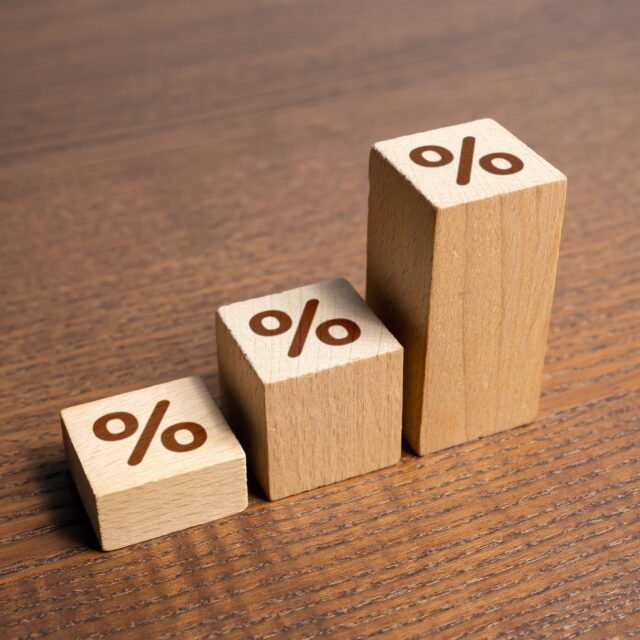The end of the postwar era? Trump and the global economy
Will the election of Donald Trump plunge us into a global recession? Some economists, from analysts at Citgroup to Paul Krugman, think so. But so far markets disagree – after panicking overnight, the immediate impact seems to be surprisingly small.
Will the election of Donald Trump plunge us into a global recession? Some economists, from analysts at Citgroup to Paul Krugman, think so. But so far markets disagree – after panicking overnight, the immediate impact seems to be surprisingly small. Indeed, one lesson from Brexit may be that – as Krugman himself pointed out at the time – “uncertainty” in the general sense is less economically damaging than one might think. In practice, it appears that while businesses and consumers in the UK were at first very alarmed by Brexit, they didn’t actually change their behaviour; and when they realised that in fact the economic policy framework would remain much the same in the short-run, they decided they might as well carry on much as before.
So we may find that surprisingly little changes over the next few months: Trump will not assume the Presidency until the end of January. Even then, the direct powers of the Presidency over economic policy are quite limited. And the US is very much the supertanker of the global economy; it will not and cannot turn around quickly.
But over the medium term the potential impacts are huge. Aditya Chakrabortty argues that Trumponomics is simply “more of the same”: Reaganism with an American face. This seems to me a significant misreading. Reagan was an economic liberal: he strongly favoured free trade both in principle and (mostly) in practice, and was happy to sign the 1986 Simpson-Mazzoli Act, the largest amnesty for illegal immigrants in the history of the US.
By contrast Trump made ending illegal immigration (and deporting those already in the US) and addressing “unfair” free trade agreements the main platforms of his campaign. As I argue here, the evidence suggests that these positions – and the rejection of globalisation and its consequences, both economic and social, that they represent, were key to his victory.
Chakrabortty argues that these were just words; Trump won’t actually do anything. But trade and immigration are two key economic issues where – unlike fiscal and monetary policy – the President has a huge amount of power. As a comprehensive assessment by the Peterson Institute for International Economics shows, Trump has made a number of specific commitments, including the imposition of punitive tariffs on Mexico (which would require the abnegation of the North American Free Trade Agreement) and China (which would almost certainly lead to retaliation). He has the legal power to do this; PIIE estimate that the impact would be to essentially stall US growth for about 2 years. US trading partners might fare even worse. Of course such estimates are highly uncertain; but if Trump went even partway to keeping his promises, the impact on both US and global growth will be substantial.
On immigration, there is of course the famous wall, but more immediately Trump again has substantial executive power to increase deportations and crack down on those illegally resident or working in the US. Leaving aside the human cost, the economic implications would be considerable, although less of an issue for the rest of the world.
What about macroeconomic policy? Trump has of course proposed massive tax cuts, amounting to – depending on how you count it – up to 5 percent of GDP. These are unlikely to be implemented – but, with Republicans controlling both houses of Congress, very large tax cuts, favouring businesses and the better-off, look to be a certainty. As with Reagan and George H.W Bush, the result will almost certainly be much higher debt and deficits over the medium term. But in the shorter term the stimulus from tax cuts may help offset any negative impacts on confidence and hence demand from other policies – although, ironically, a higher budget deficit is very likely, other things being equal, to translate into a higher trade deficit.
But perhaps the biggest uncertainty, over the medium term, is monetary policy. The Fed may soon be faced with a serious policy dilemma. In the short run, the Fed may react to the uncertainty induced by Trump’s win by not raising rates as soon as expected. But the combination of a much higher deficit and restrictions on trade would be expected to be both inflationary and to reduce the supply potential of the economy; calling, at some point, for much sharper rate increases. At that point the Fed would find itself at the centre of a political storm. The President cannot sack the Chair of the Federal Reserve, Janet Yellen, whose term lasts until 2018. But he has accused her of keeping interest rates low for political reasons, and said he wouldn’t reappoint her; it would hardly be surprising if, at some point, her position became untenable. It is hard to see President Trump appointing a Fed Chair who would carry the credibility of Yellen or her predecessors.
What does all this mean for the rest of the world? The post-war international economic order has changed and evolved, sometimes gradually, sometimes – as with the end of Bretton Woods – abruptly. But the central role of the dollar, as the global reserve currency, underpinned by US economic dominance and the stewardship of the Fed, combined with the US’ role as the guarantor of a broadly liberal global trading order, has been a constant. If – and it is still if – Trump’s election signals the end of that era, it really will be a bumpy ride; and not just for the US.

















